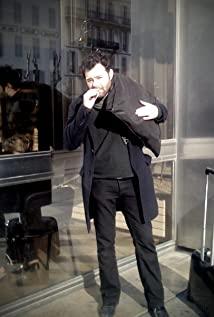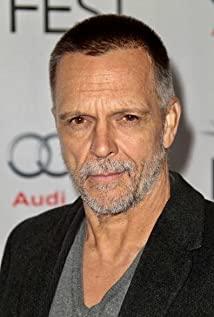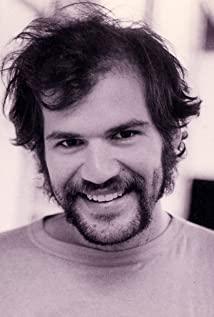It's a very rare movie -- I mean Johnny Depp, and it's rare for a character to have a haircut that shows the forehead and the tailrest. When I first saw the film, I thought it was a two-man showdown film—Captain Jack, the gangster, met Batman who was recruited. But when I looked at it, I found it was not. This is a typical personal biography, even with some tragic hero colors. Dellinger played by Depp has a taste of the overlord of Western Chu; and the police detective played by Christan Bale, although the marksmanship is accurate And very talented, but the ultimate victory lies in the use of the police's powerful resources to continue to encircle and suppress until victory. In this way, the relationship between Leonardo and Tom Hans in "The Game of Cat and Mouse" is somewhat similar.
Of course, unlike "The Game of Cat and Mouse", the film does not focus on the wits of the police and the bandits. Looking at some materials, the background of the film is set in the 1930s, that is, during the Great Depression. In the 1920s, the United States promulgated the prohibition of alcohol, which made violent crime an excessive form of public anger, and "Public Enemies" was one of the social monsters of the era. Banks are seen as bastions for capitalists, so robbing them (even if they don't rob the rich to help the poor) has become a symbol of violence against excess and corruption, and the story of these thieves, including the film's protagonist Johnny Dillinger A layer of mystery.
To sum up, Dillinger does not appear as a character with a distinct character, but appears on a person as a symbol of an era. If you can delicately depict the painful struggle and persistence of people who face the fate of death in the changing times, it has been successful. The character of the characters in the film only one-sidedly emphasizes Dillinger's strength and persistence in the emotional aspect, but there is not too much portrayal of money and the public. I think the film is intentional. The movie just puts this character in front of the audience instead of guiding it, which is a kind of fidelity to history. Whether it is Dillinger or Purvis, they are just a piece of sand in the long river of history, and their character is not mentioned in history. Dillinger's failure and Purvis's rise are just a moment in history. As for Purvis, although it was successful, it didn't get well developed in the end, and the movie ended up prompting him to commit suicide a year later (seemingly related to Hoover's disagreement), still proving that he's just a little guy.
At the beginning, I said that Depp's performance is very unique. Except for the hairstyle, there are very few characters in my memory that he has so many determined eyes, and he is so arrogant that he shoots the machine gun continuously, which is a little unaccustomed to. As mentioned above, it is enough to outline the characteristics of Dillinger.
Micheal Cann is always telling a story, but it's not just a story. The metaphors behind the stories are the most fascinating parts of his work. The most important thing is not where a person came from, but where he will go.---Classic lines.
View more about Public Enemies reviews











